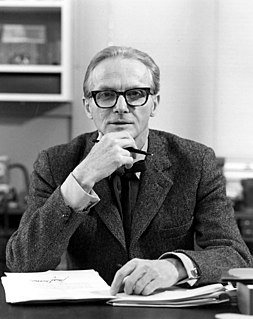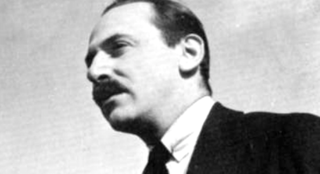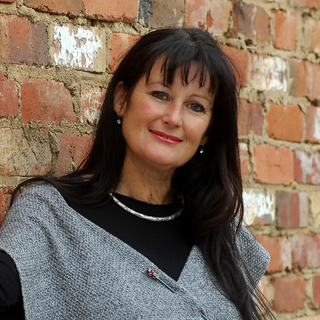A Quote by John Irving
I sometimes think that what I do as a writer is make a kind of colouring book, where all the lines are there, and then you put in the colour.
Related Quotes
You once said to me that I talk like a man in a book. I not only talk, but think and feel like one. I have spent my life in books; literature has deeply dyed my brain its own colour. This literary colouring is a protective one--like the brown of the rabbit or the checks of the quail--making it impossible for me to tell where literature ends and I begin.
There are certain things that I'll hear about and that I think will make a great book and I put it in a file. Sometimes it's a situation that interests me, and I don't even realize what I'm trying to say about it until I get closer to it. Sometimes the book after that I've written 125 pages of, and I can tell you what the book is after that. I just sort of have a linear progression, but more than anything, the topics land in your lap. I don't feel that I go out searching for them.
There's this quote by a writer, Emil Cioran, he's a Romanian writer. He says that you should only put things in books that you would never dare to say to people in real life. So there is that feeling of acute embarrassment, or that you've been too revealing. I think it's some kind of survival mechanism where I never think of the reader, ever. Because then I would start censoring myself.
There's a great temptation to throw things in, as you put it, that you think are neat, or that you have a very clear, specific memory of and think you could do a good job writing about. What I find is that it's like a seed you plant. You can try it, and if it will grow and connect with other ideas in the book, and you can see connections that you can actually realize on the page, then you're allowed to leave it in. But if it just kind of lies there and doesn't really add up to anything or there's no chemistry with everything else going on in the book, then you have to take it out.
I usually start writing a novel that I then abandon. When I say abandon, I don't think any writer ever abandons anything that they regard as even a half-good sentence. So you recycle. I mean, I can hang on to a sentence for several years and then put it into a book that's completely different from the one it started in.






































